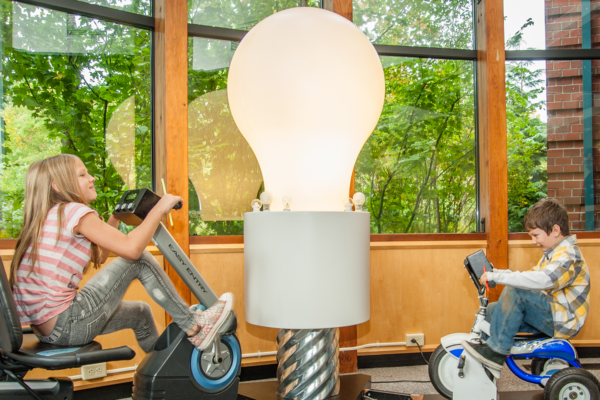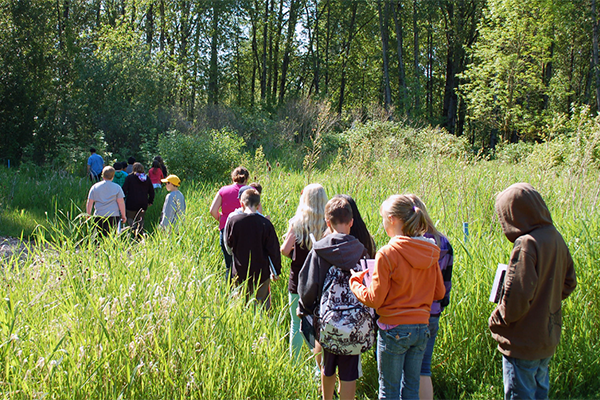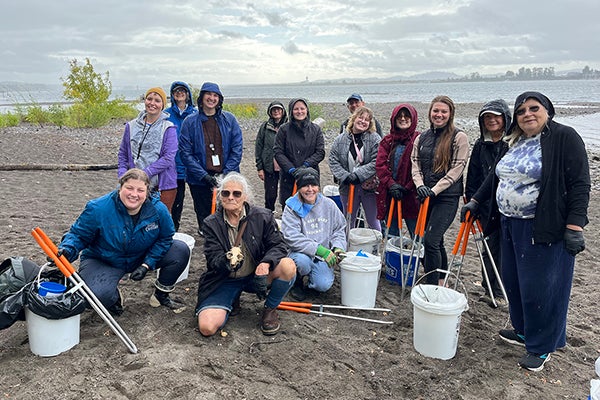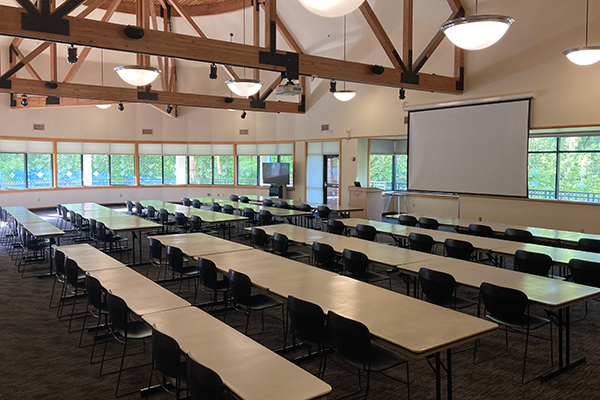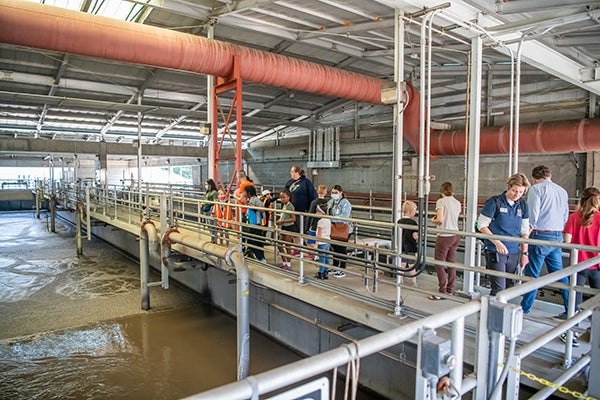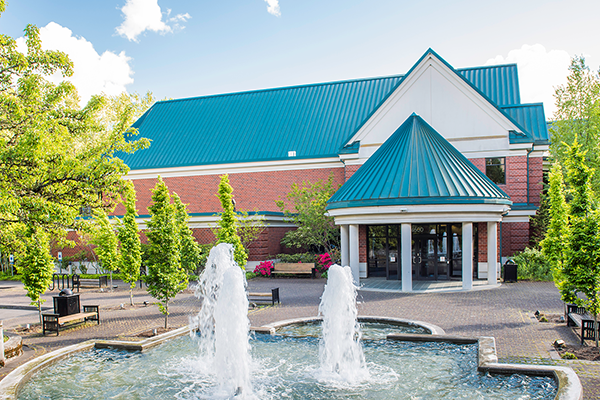Water Resources Education Center
Learn about water through hands-on, educational nature activities
Contact: 360-487-7111 or vanwrec@cityofvancouver.us
Address: 4600 S.E. Columbia Way, Vancouver, Washington 98661
Admission: Free
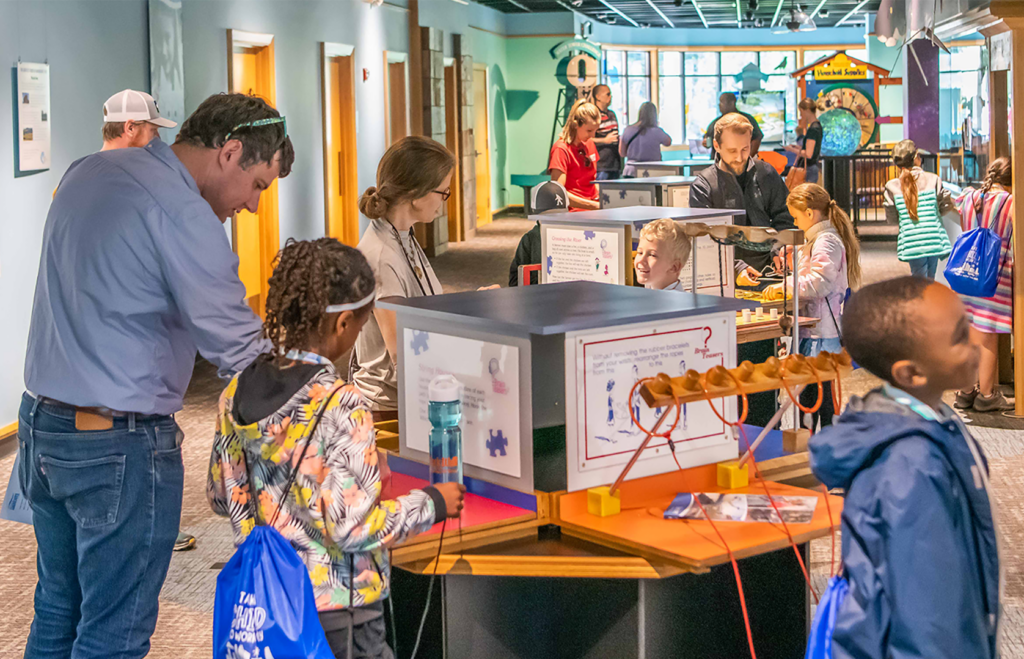
Hours
Hours: 10 a.m. to 5 p.m., Monday through Friday (Closed Saturday and Sunday)
Holiday Closures
New Year’s Day – Closed
Martin Luther King, Jr. Day – Closed
Presidents’ Day – Closed
Memorial Day – Closed
Juneteenth – Closed
Fourth of July – Closed
Labor Day – Closed
Veterans Day – Closed
Thanksgiving Day – Closed
Native American Heritage Day – Closed
Christmas Day – Closed


